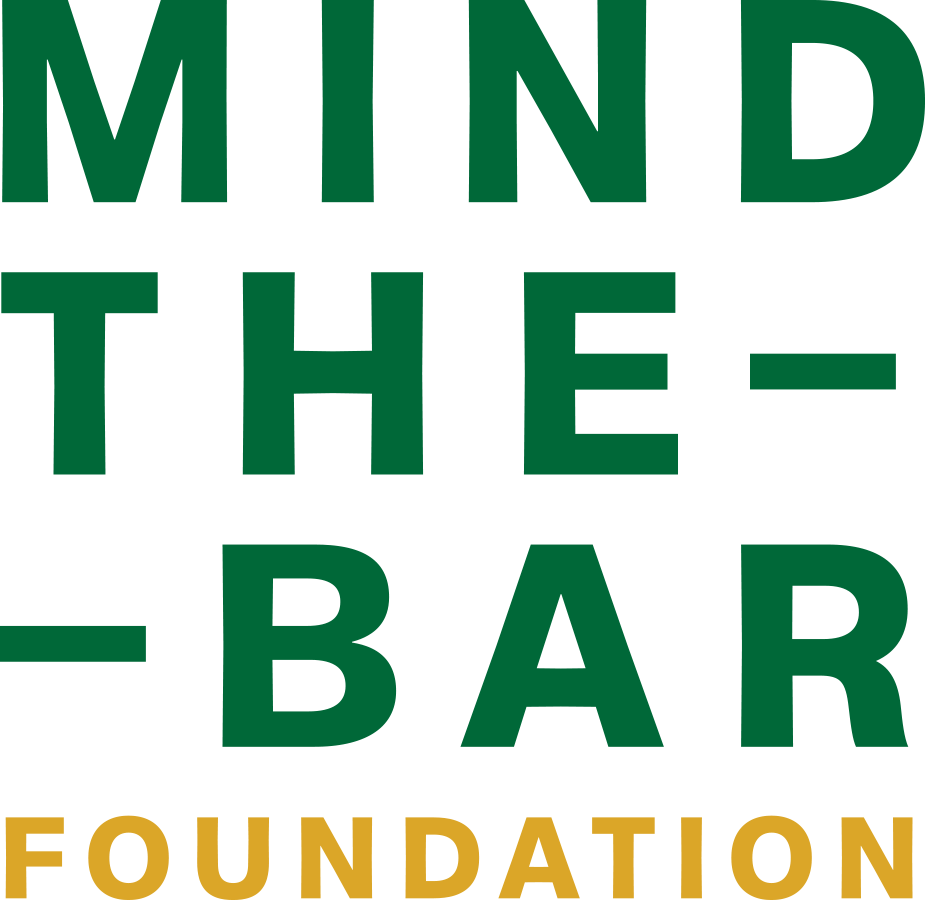The hospitality industry fosters a casual workplace environment and has a sense of familiarity different than a corporate formal environment of an office. Language, jokes, flirtations are all not only common place, but a huge part of why people love the industry in the first place, and how we cope with the stresses of our roles. However, we need to recognize that people new to the industry, or those who may have different sexual identities, cultural backgrounds or past experiences with harassment may be more sensitive, and that creating a safe workplace for everyone is a benefit to all.
It is hard to define as there are so many interpretations of what constitutes harassment, and so we have included the definition from WorksafeBC as a way to provide a basis for people to start a conversation. Worksafe BC defines bullying and harassment as any inappropriate conduct or comment by a person towards a worker that the person knew would cause that worker to be humiliated or intimidated. The bottom line is this, harassment is defined by the victim, not the other way around.
Our co-workers, employees and management all deserve to be heard, respected and treated with dignity. Typically, communication at work can be tense, if not outright abusive, when everyone is stressed, when something goes wrong. Blame gets laid, sarcasm reigns supreme and comments fly every which way, with little regard for who they land on, or how that person may feel hearing them.
It’s pretty simple – treat people the way you want to be treated – but in the heat of the moment, we lose sight of our compassion and give way to temper, abusive language and slurs. You don’t have to throw a frying pan a la Marco Pierre White to be an abusive kitchen leader or chef – language and physical abuse has been considered the norm BOH, worn for years as a badge to be proud of. “I worked for so and so, you have no idea how bad it is.”
And then there is the sexual side of harassment, which has come to light on every level of our industry, with both front and back of house owners, managers and staff coming under fire for sexual harassment, abuse and rape. There was a time when it was common place to hear “suck it up” or, “you’re making $$$ cash, so just deal with it” from management and co-workers if one complained about sexual harassment from customers. Complaining about a co-worker was usually dismissed also; “It’s a compliment, they like you”. Sexual harassment has been rampant in hospitality since time immemorial, and while some behaviours have become unacceptable on the floor, behind closed doors, there are still major displays of abuse of power and outright predatory actions. While you may not be Harvey Weinstein, you may be surprised how an off-the-cuff comment, overheard joke, non-consensual touch or even “compliment” can be construed as an unwanted sexual advance.
So, how do move forward in creating a safe workspace, free of harassment, racism and sexual abuse? A lot of our culture comes from the top down, meaning our owners and managers set the tone for the workplace, making healthy, communicative environments, or creating toxic, abusive and permissive workplaces that foster every kind of negative effect possible. If you have worked for the latter, which many of us have, you know how strange and “we’re not in Kansas anymore” it is when you find the former. It’s hard to shift a fellow employee’s behaviour when the boss exemplifies the very issues you’re trying to eradicate.
Cultural shifts take time. As employees, do research about your employers. Pressure for change will come from the ground up – you as the employee base of the industry will create a faster effect by refusing to work for places that foster unsafe spaces, and pressure those owners and managers to change.
This does not demand paranoia, but it does warrant vigilance. If you are in a safe place and see someone else being harassed, whether they simply look uncomfortable or you hear language/see behaviour you know is inappropriate, speak up for them.
We also have to remove the stigma of the ‘whistle-blower’; that if you report your manager/employer for anything, be it tip outs, uniforms, harassment or basic labour laws, that you’ll never get a job anywhere, ever. You are entitled to a safe place to work, and any employer who does not offer this to you deserves to be reported and deal with the consequences.
If you see bullying or harassment, report it to your employer immediately!
If you feel you cannot talk to your employer or they don’t take steps to fix the problem, contact your provincial workplace safety or labour relations department.
